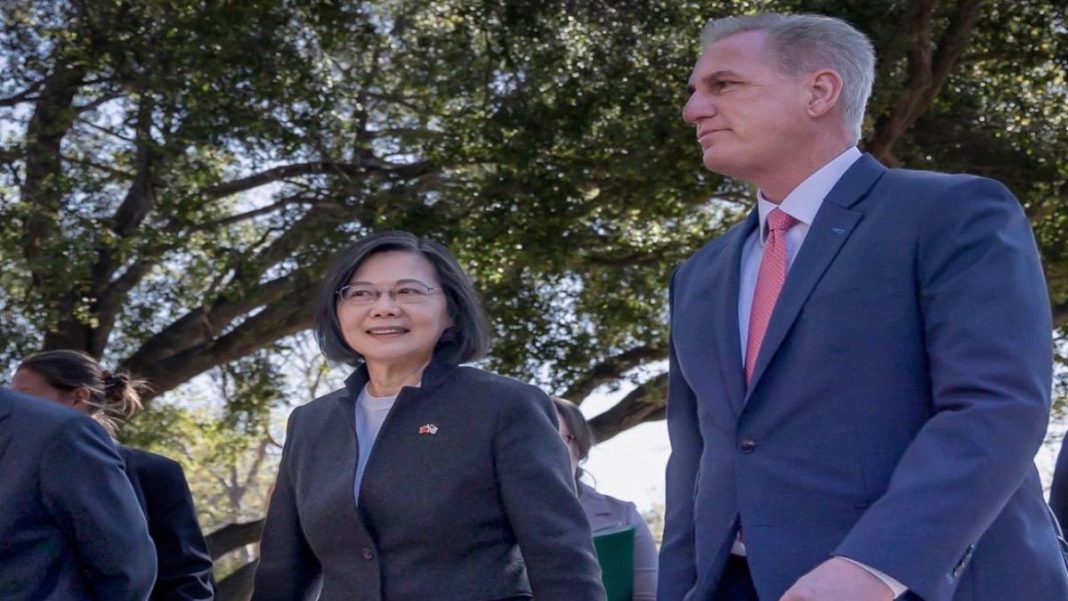TAIWAN: China declared a no-fly zone for three days in the airspace north of Taiwan the following week, which caused it to backtrack, dwindling the planning duration to twenty-seven minutes only.
In a press conference, a spokesperson from Taiwan’s defence ministry mentioned that the no-fly zone was situated 85 nautical miles to Taiwan’s North when they considered that there could be relations to any activities in the aerospace industry.
According to a senior Chinese official with first-hand knowledge of the situation, who spoke to the media, the flight restriction would have a significant impact on air traffic, affecting 60–70% of flights between north and southeast Asia as well as flights between Taiwan and South Korea, Japan, and North America.
The no-fly zone will only be in effect on Sunday for a limited time, according to Taiwan’s transport ministry, after Taipei opposed the plans. The no-fly zone was supposed to stretch from April 16 to 18, according to the first claims.
China announced the conclusion of several days of military drills incorporated in response to Taiwan’s president Tsai Ing-wen who met House Speaker Kevin McCarthy in the US last week.
She told the Canadian lawmakers at her office, “Through this tour, we once again sent a message to the international community that Taiwan is committed to preserving freedom and democracy, which received recognition and support from our democratic partners.”
On Wednesday, China’s Taiwan affairs said it was “a strong warning against Taiwan independence separatist groups collaborating with external forces” if it had to implement the “countermeasures” to Tsai’s US trip.
Taiwan’s west coast residents reported seeing numerous armoured vehicles moving down Taiwan’s southern highway in the early hours of Wednesday towards the Hengchun peninsula, where there is a joint training base. According to unaffiliated military observers, it was probably the start of a joint forces exercise.
It occurred a day after the US and the Philippines began their biggest joint military training operations in decades in the South China Sea and the Taiwan Strait. Fresh bilateral economic agreements were being negotiated in Honduras by the Chinese delegations as per China’s foreign ministry.
The encounter seemed to spark an “advance bilateral relations, especially on trade, agriculture, investment and exports for Honduran products and Chinese investors”.
Also Read: Cash App Founder Bob Lee Dies after San Francisco Stabbing



